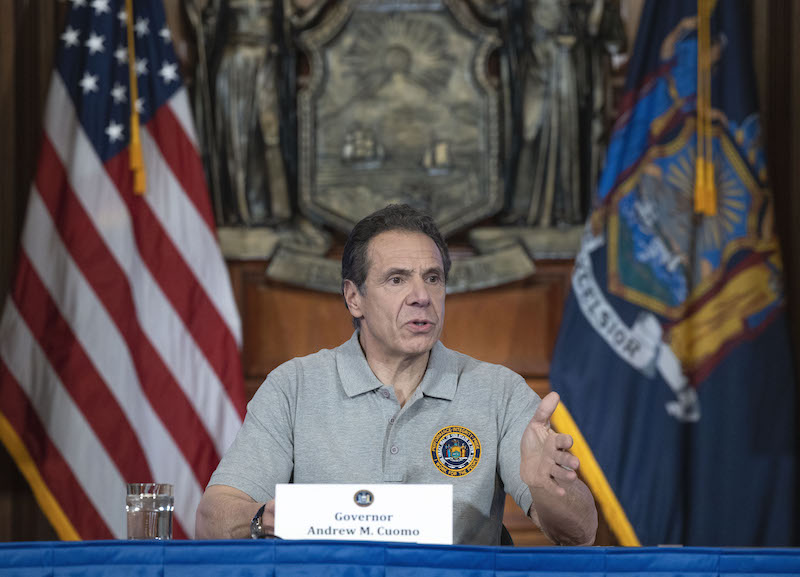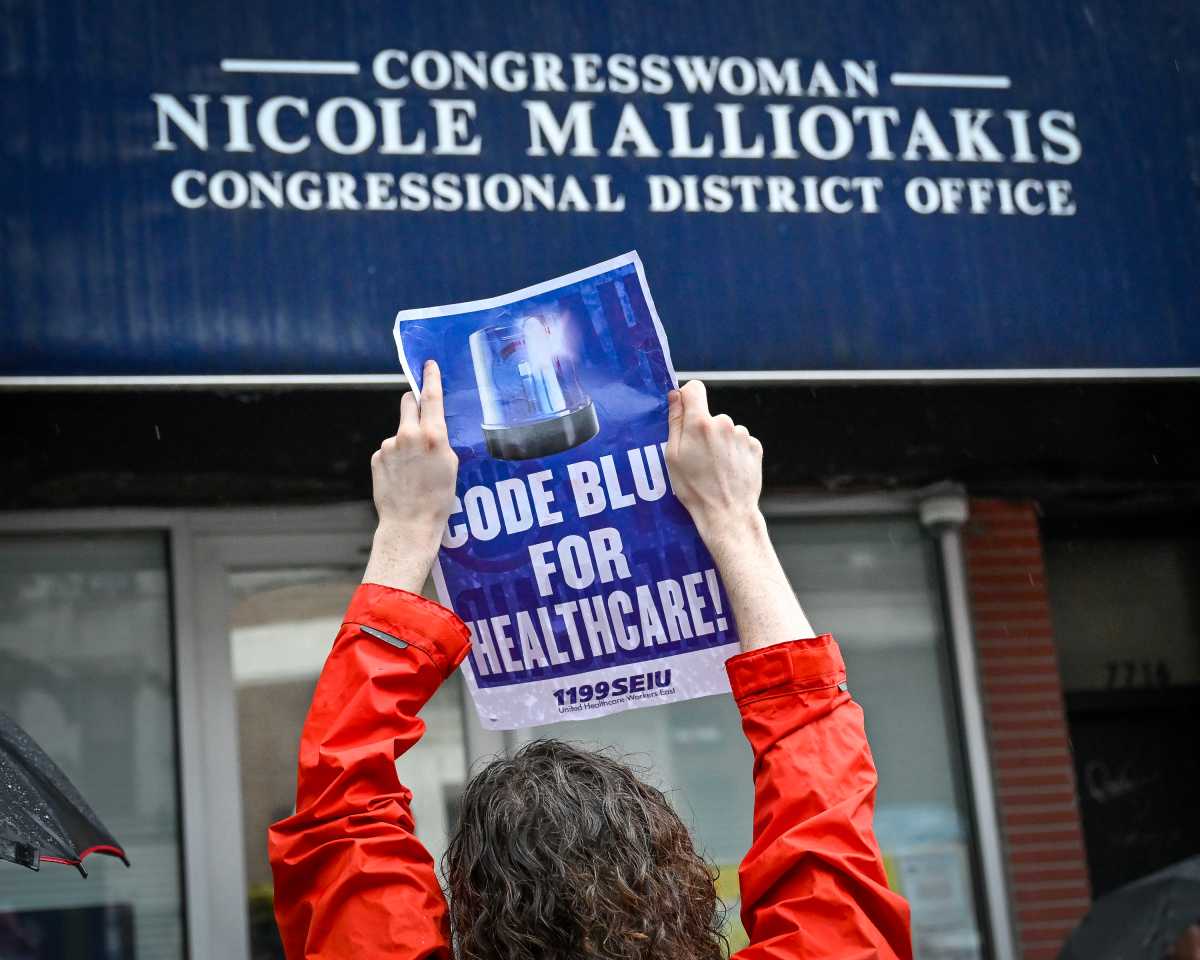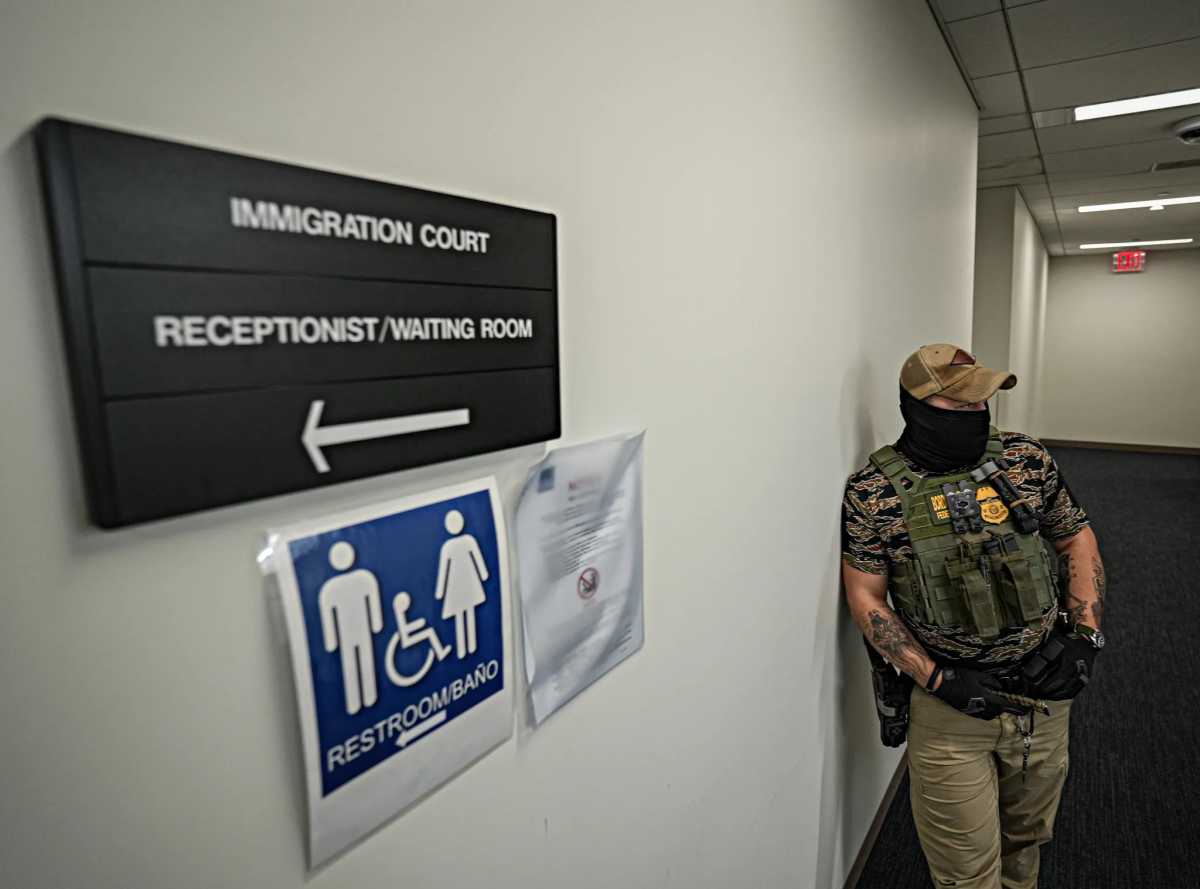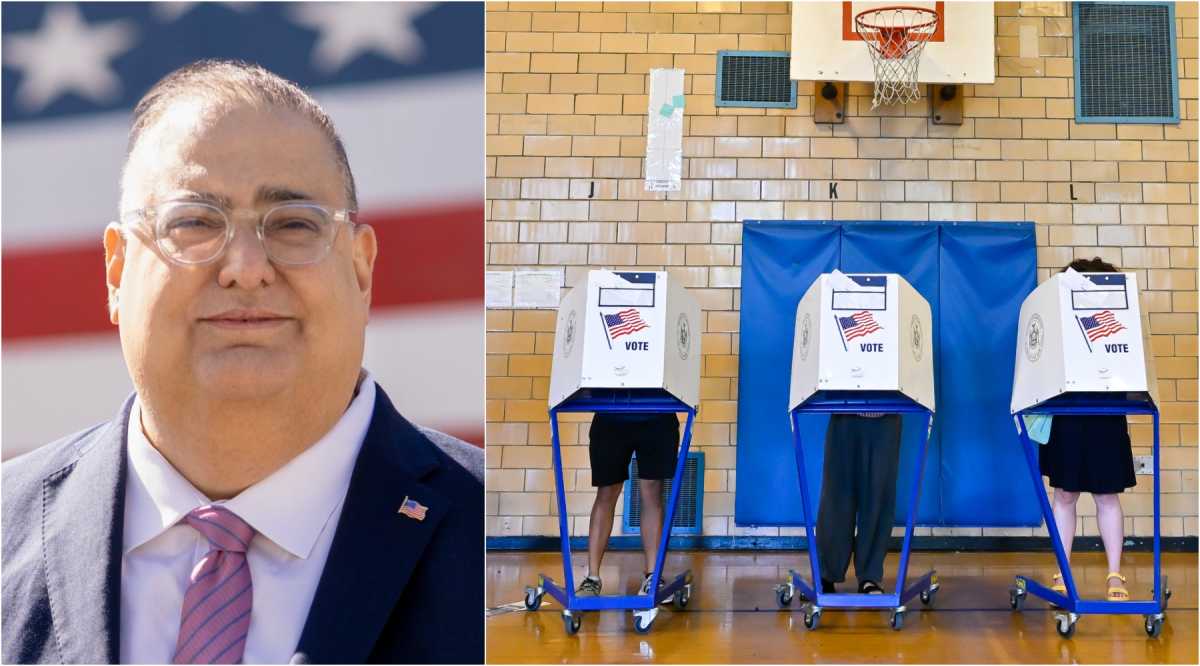Gov. Andrew Cuomo announced the new number of coronavirus cases in New York and explained his new executive order for the hospitals to raise their capacity by 50% in a press conference in Albany on March 23. He also took full responsibility for the decision to keep 100% of the non-essential workforce at home, which is a part of his NY PAUSE plan.
State-wide coronavirus cases rose to 20,875 with 5,707 new cases and 157 total deaths. New York City alone has 12,305 cases with 3,260 new ones. Gov. Cuomo highlighted the importance of social distancing to avoid further increases in the number of cases. He demanded a plan from Mayor Bill de Blasio in 24 hours to solve the issue of overcrowded parks in the city and the young population who do not practice social distancing.
Gov. Cuomo said that the greatest density control issue is in New York City. According to Gov. Cuomo, New York State is running more tests per capita than any other state or country. “Our numbers will be higher in positive cases because we do more tests,” he said.
New York State by far has the most number of cases in the United States, followed by New Jersey with 1,914. “Fund the need,” said Gov. Cuomo, after showing the numbers of patients per state. The statement was directed to the federal government. He encouraged the federal government to use the Defense Production Act to get the necessary medical supplies produced by private companies. “We can’t just wait for the companies to come forward with offers and hope they will. This is a national emergency,” he tweeted.
Lastly, Gov. Cuomo encouraged all hospitals to raise the capacity by 100%, even though the executive order mandates 50% for now. He said that if there is an overload of patients in New York City, hospitals in upstate should be ready to accept more patients.
As a part of Gov. Cuomo’s NY PAUSE plan, 100% of the non-essential workforce must remain home. There are the list of businesses that will stay open or shut down:
Essential businesses that will remain open in New York City:
- Grocery stores
- Pharmacies
- Liquor stores
- Bodegas
- Restaurants and bars (for only delivery and takeout)
- Laundromats
- Mechanics
Non-essential businesses that cannot operate unless further notice:
- Gyms
- Tattoo shops
- Hair salons and barbershops
- Movie theaters
- Nail salons
- Bowling alleys
- Amusement parks
Local MTA buses will be free
Even though the subway system and public transportation will keep operating, there are some changes. Local MTA buses will be free to all New Yorkers, and riders will only use the back doors to avoid contact between protect the riders and the drivers. It is advised for the riders to stay 6 feet away from each other. Select and express buses will still collect fares.
Shared rides are banned in NYC
On March 17, Mayor De Blasio announced that shared rides will be banned to further encourage social distancing and to protect riders and drivers. Shared rides are generally less expensive than individual rides, offered by companies like Uber, Lyft and Via in New York City. After the executive order, these companies stopped offering shared rides until further notice.
UberEats launches no-contact delivery
To reduce the risk of spreading the novel COVID-19, UberEats launched a no-contact delivery method to protect both users and delivery people. By using the “Leave at door” button at checkout, users do not need to physically contact the people bringing their orders. UberEats also eliminated the delivery fee for individual restaurants to keep small businesses alive during the time of crisis.
A full list of essential businesses can be found in the governor’s website: https://www.governor.ny.gov/news/governor-cuomo-issues-guidance-essential-services-under-new-york-state-pause-executive-order










